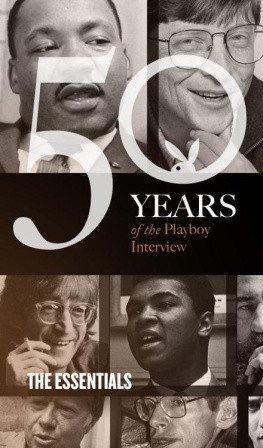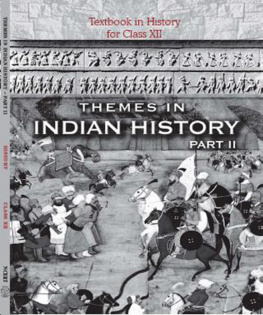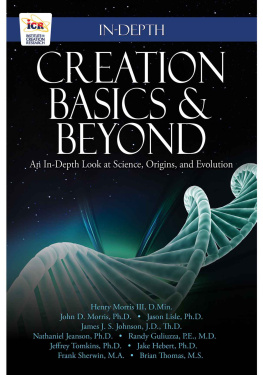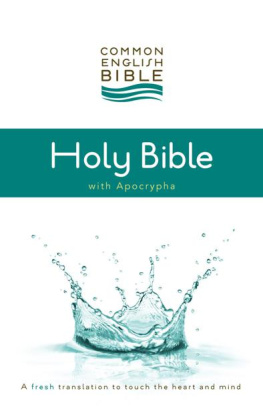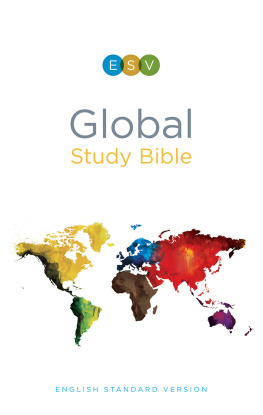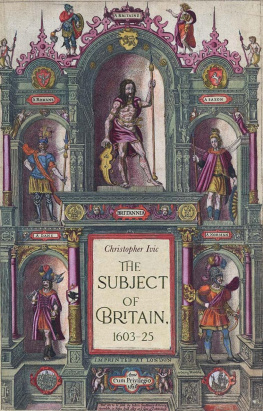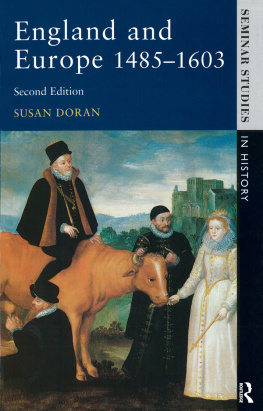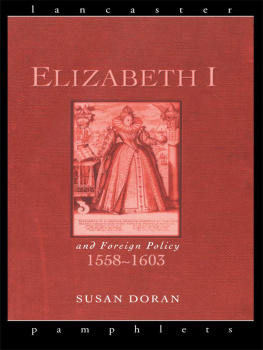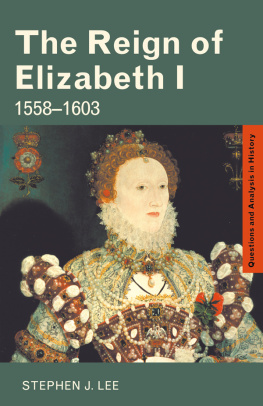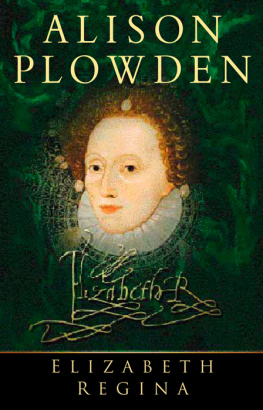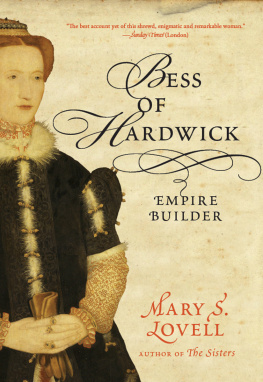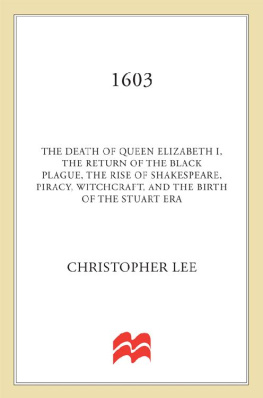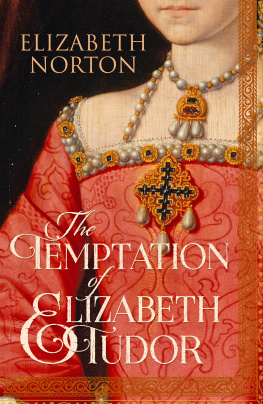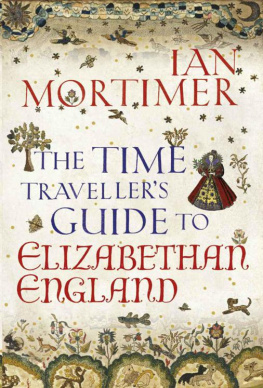Various - The Age of Elizabeth (1547-1603)
Here you can read online Various - The Age of Elizabeth (1547-1603) full text of the book (entire story) in english for free. Download pdf and epub, get meaning, cover and reviews about this ebook. year: 2019, publisher: Good Press, genre: Romance novel. Description of the work, (preface) as well as reviews are available. Best literature library LitArk.com created for fans of good reading and offers a wide selection of genres:
Romance novel
Science fiction
Adventure
Detective
Science
History
Home and family
Prose
Art
Politics
Computer
Non-fiction
Religion
Business
Children
Humor
Choose a favorite category and find really read worthwhile books. Enjoy immersion in the world of imagination, feel the emotions of the characters or learn something new for yourself, make an fascinating discovery.

- Book:The Age of Elizabeth (1547-1603)
- Author:
- Publisher:Good Press
- Genre:
- Year:2019
- Rating:4 / 5
- Favourites:Add to favourites
- Your mark:
- 80
- 1
- 2
- 3
- 4
- 5
The Age of Elizabeth (1547-1603): summary, description and annotation
We offer to read an annotation, description, summary or preface (depends on what the author of the book "The Age of Elizabeth (1547-1603)" wrote himself). If you haven't found the necessary information about the book — write in the comments, we will try to find it.
Various: author's other books
Who wrote The Age of Elizabeth (1547-1603)? Find out the surname, the name of the author of the book and a list of all author's works by series.
The Age of Elizabeth (1547-1603) — read online for free the complete book (whole text) full work
Below is the text of the book, divided by pages. System saving the place of the last page read, allows you to conveniently read the book "The Age of Elizabeth (1547-1603)" online for free, without having to search again every time where you left off. Put a bookmark, and you can go to the page where you finished reading at any time.
Font size:
Interval:
Bookmark:


KENNETH BELL.
15471603
But joy in King Edward that weareth the crowne.
And long it hath lasted in tower and towne,
To have it much meeter, downe hath been added:
But up is more sweeter to make our hearts gladded.
And toward us bringeth joy and tranquilitie;
Our hearts may be light and merry chere,
He shal be of such might, that al the world may him fear.
That in joy he might reign like a prince of high power,
By sea and land hath provided for him eke,
That never King of England had ever the leke.
And biddeth sing speedily up, up, and not downe.
When he waxeth wight, and to manhood doth spring,
He shal be strait then of four realms the King.
Take bow and shaft in hand, learn shootage to frame.
That you another day may so do your parts,
To serve your King as wel with hands as with hearts.
And never play the cowards to him that weareth the crowne:
But always be your care his plesure to fulfil,
Then shal you keep right sure the honour of England stil.
Font size:
Interval:
Bookmark:
Similar books «The Age of Elizabeth (1547-1603)»
Look at similar books to The Age of Elizabeth (1547-1603). We have selected literature similar in name and meaning in the hope of providing readers with more options to find new, interesting, not yet read works.
Discussion, reviews of the book The Age of Elizabeth (1547-1603) and just readers' own opinions. Leave your comments, write what you think about the work, its meaning or the main characters. Specify what exactly you liked and what you didn't like, and why you think so.

